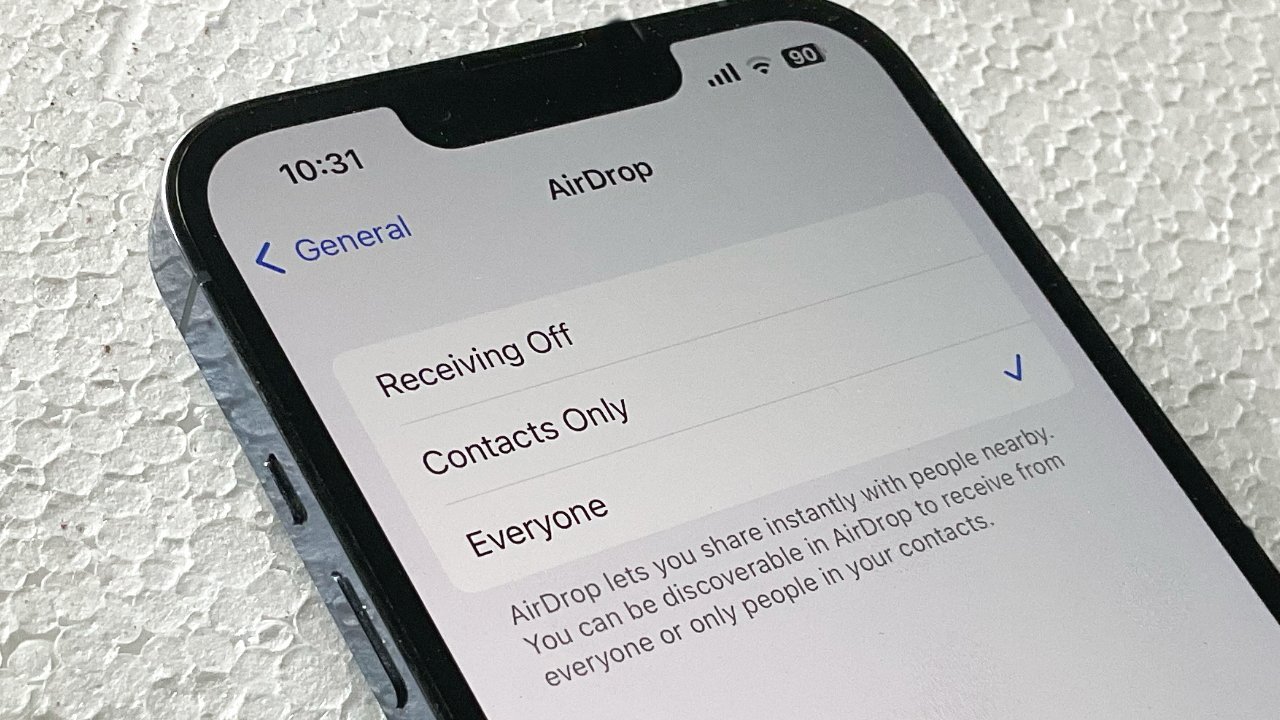The state-backed Beijing Institute says it can now identify individuals sharing content over AirDrop.
AirDrop can be used to share any files on an iPhone to anyone who either explicitly allows the sender to transmit them, or leaves AirDrop open to "Everyone." Seemingly under pressure from the Chinese government, Apple changed the latter option to "Everyone for 10 minutes," in 2022.
It's possible that the reason for that pressure was so that users would have to keep re-enabling AirDrop. That means anyone receiving material the Chinese government does not approve of, is less able to argue that they were unaware that material was being sent.
Now according to Bloomberg, the Beijing Institute claims to have cracked Apple's AirDrop security. It says that it can identify the phone numbers and email addresses of senders who share content over AirDrop.
"It improves the efficiency and accuracy of case-solving," a representative for Beijing's judicial bureau told the publication, "and prevents the spread of inappropriate remarks as well as potential bad influences."
The city judicial bureau also said that multiple suspects have already been identified using this new method. It has not announced whether any of those suspects have been arrested, or what charge there could be.
Apple has not commented on the claim. The Beijing Institute has also not commented on how the claimed hack is done, beyond saying that it involves the use of accessing an iPhone's encrypted device log.
That suggests that the iPhone that was sending or receiving material has to have been confiscated, but the Institute has not confirmed that.
This alleged breach of Apple security for AirDrop comes as China is increasing how much it controls its people's use of technology. While Apple initially resisted a new law covering the App Store, it is now enforcing the requirement that new apps have a licence from the Chinese government.
 William Gallagher
William Gallagher







-m.jpg)






 Charles Martin
Charles Martin
 Malcolm Owen
Malcolm Owen

 Mike Wuerthele
Mike Wuerthele
 Christine McKee
Christine McKee


 Marko Zivkovic
Marko Zivkovic


-m.jpg)






13 Comments
Well, congratulations you totalitarian bastards.
>
They're just trying to prevent the spread of dangerous misinformation like all freedom-supporting regimes do.
Well, Apple will fix it in the next update, so they found a temporary solution…